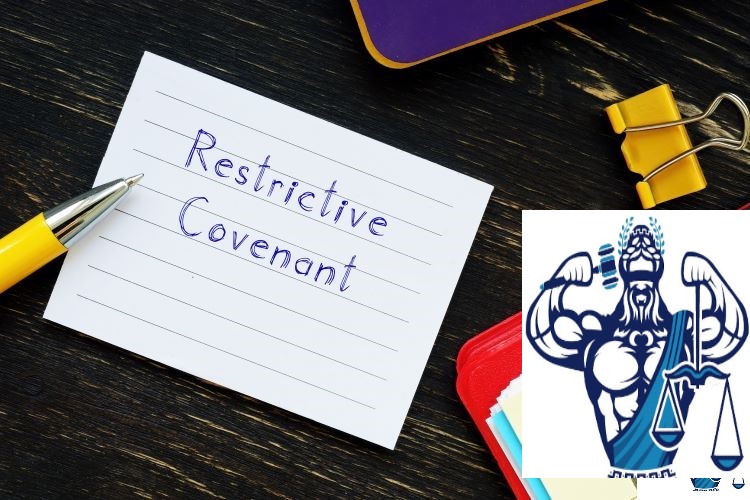Here at the Law Office of Vincent Miletti, Esq. and the home of the #UnusuallyMotivated movement, we take pride as a resilient and dependable legal services firm, providing such services in both a traditional and online, web-based environment. With mastered specialization in areas such as Employment and Labor Law, Intellectual Property (IP) (trademark, copyright, patent), Entertainment Law, and e-Commerce (Supply Chain, Distribution, Fulfillment, Standard Legal & Regulatory), we provide a range of legal services including, but not limited to traditional legal representation (litigation, mediation, arbitration, opinion letters, and advisory), non-litigated business legal representation and legal counsel, and unique, online legal services such as smart forms, mobile training, legal marketing, and development.
Still, we, here at Miletti Law®, feel obligated to enlighten, educate, and create awareness, free of charge, about how these issues and many others affect our unusually motivated® readers and/or their businesses. Accordingly, in order to achieve this goal, we have committed ourselves to creating authoritative, trustworthy & distinctive content, which looks to not only educate, but also deliver in a manner that only Miletti Law® can. Usually, this content is featured as videos posted on our YouTube Channel https://www.youtube.com/channel/UCtvUryqkkMAJLwrLu2BBt6w and blogs that are published on our website WWW.MILETTILAW.COM. With that, the ball is in your court and you have an effortless obligation to subscribe to the channel and sign up for the Newsletter on the website, which encompasses the best way to ensure that you stay in the loop and benefit from the knowledge bombs that we drop here!
Here at Miletti Law®, we are the authoritative force in Employment and Labor Law. Therefore, we are committed to updating our series on employment & labor law with fresh, verifiable, and credible content. In that spirit, this blog is Part XIII of our series on New York State and City laws that apply to workplace harassment, discrimination, & retaliation. In Part XII of this series, we began looking into “Disability-Related Protections” and hammered on the “Definitions and Descriptions of Disability” and “Disability Discrimination” as recognized under New York laws that apply to workplace harassment, discrimination, & retaliation. Accordingly, to move the discussion forward, this blog is Part XIII and an overview of key concepts related to disability discrimination and the disability-related protections provided under these New York laws.
The Concept of “Regarded as” Disability
While the NYCHRL, under NYC Administrative Code § 8-107, subd.1(a), prohibits discrimination on the basis of perceived disability, the NYSHRL, under N.Y. Exec. Law § 292(21) provides disability-related protections to persons with a condition regarded, under the law, as a disability by others.
The Concept of Temporary Disabilities
Temporary Disabilities under the NYCHRL
As provided for under NYC Administrative Code § 8- 102, temporary disabilities are included as part of the NYCHRL’s definition of disability.
Temporary Disabilities under the NYSHRL
Pursuant to 9 NYCRR § 466.11(i), the NYSHRL protects temporary disabilities as long as a person can satisfactorily perform the job’s duties following the provision of reasonable accommodation in the form of a reasonable recovery time. When it comes to a temporary hearing or vision impairment, de minimis accommodations, pursuant to 9 NYCRR § 466.11(i), are required by the Act in the areas of:
- Job restructuring.
- Equipment modification or the provision of special equipment.
- Support services-and-
- Worksite accessibility.
Under the NYSHRL, temporarily disabled persons may require reasonable accommodation through:
- The reassignment of the employee to light duty or an available position.
- The modification of the employee’s work schedule for recovery-and-
- The modification of the employee’s work schedule.
When faced with the question of accommodations, employers can, pursuant to sections 9 NYCRR § 466.11(i) & 9 NYCRR § 466.11(i) of the NYSHRL, take into account a variety of factors that include, but are not limited to:
- The attendance record of the employee.
- The flexibility and size of the relevant workforce.
- Workplace needs.
- Preexisting policies-and-
- Past practice.
In Part XIV of this series, we will move forward the discussion in this area of disability discrimination and disability-related protections and hammer on the “Employer Mandate to Reasonably Accommodate Disabilities.”
Until then, stay tuned for more legal guidance, training, and counsel. In the interim, reach us with questions or comments on our website at the Contact Us page!
Always rising above the bar,
Isaac T.,
Legal Writer & Author.
 Professional Legal & Business Services And Representation - English & Espanol!
Professional Legal & Business Services And Representation - English & Espanol!

 314-648-2586
314-648-2586 CALL US NOW
CALL US NOW








